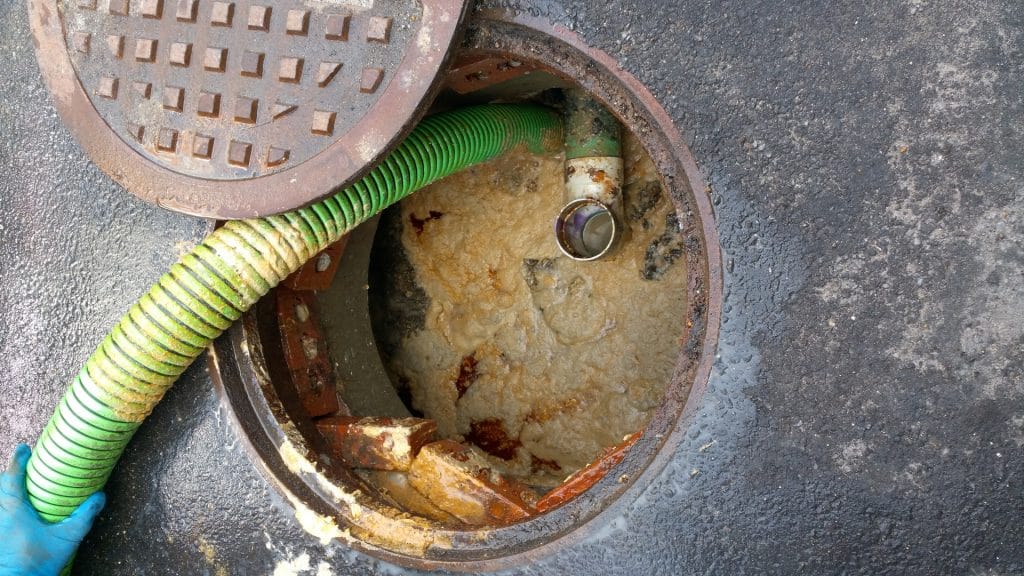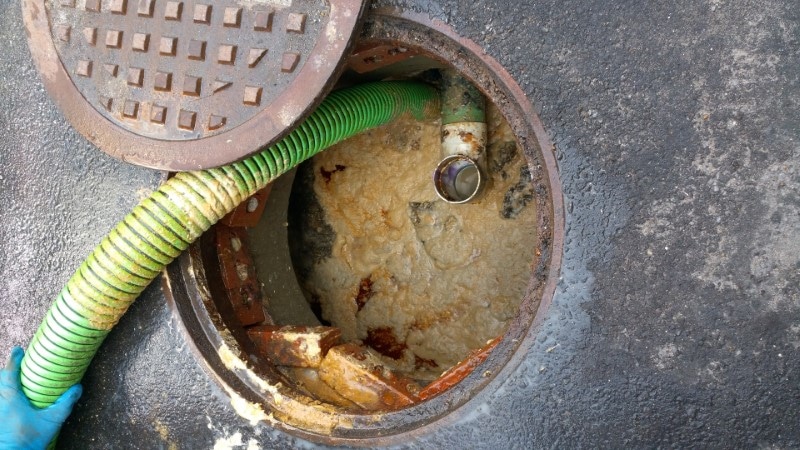
It’s difficult to accept that one of the largest, most in demand industries in the entire United States is causing the FOG (fats, oils, grease) crisis. Vegetable and animal fats are the raw materials in producing food. By-products from making food are the same grease materials from animals and plants. These are just dumped into the drains of these food establishments and facilities. With this practice of FOG disposal, the state has come up with a pretreatment or grease ordinance that every food business should follow for municipal grease trap reduction.
Municipal grease trap reduction is the goal in making the grease or pretreatment ordinance. If the companies and facilities concerned follow the ordinance, then there will really be a dramatic decrease in the amount of FOG in the wastewater that reaches the wastewater treatment facility. There is a standard maximum amount of FOG set by the government. If the food business goes beyond this level, there will be environmental lawsuits and large fines that will be dealt with.
The grease ordinance mandates the food companies to have a grease interceptor or a grease trap in their premises to handle the large bulk of FOG every single day. The aim of this ordinance is to protect the wastewater and the sewer lines from heavy FOG accumulation. If the FOG level is allowed to go beyond a certain level, then the pipes will be continuously blocked. Because of this constant occurrence, the pipes would deteriorate faster and would be replaced sooner and more frequently than usual. This constant replacement of pipes would leave a great dent in the municipal budget.
To push through with an effective municipal grease trap reduction, there should be an initiative in the part of the food industry. They should make sure that their employees understand the importance of a well-kept grease trap. To achieve municipal grease trap reduction, everyone should contribute. This is mostly stressed in the kitchen and washing areas. They should collect the grease materials in a bin that can be sealed up and thrown away with the regular trash. The drains should be fitted with filters or food meshes so that there won’t be any small bits of grease or solid food materials that would escape down into the grease trap.
Some food businesses use caustics, acids, solvents, and enzymes to get rid of the FOG in the grease trap and drains. These substances may seem very harsh for people to think that they really do the job by melting the FOG away. But in reality, they only make things worse by emulsifying the FOG, enabling it to mix easily with the wastewater. The FOG then solidifies as it travels through the sewer lines. Blockage occurs and backing up of wastewater takes place. The wastewater backup then brings about health, property, and environmental damages that really cost people time, effort and money.
Bacteria-based products are the best ones to use in municipal grease trap reduction. By treating and cleaning the grease traps with bacteria, the FOG level is kept at a low minimum and the foul smells are eliminated. The environment is kept safe from contamination because bacteria do not have chemical discharges. The process of bioremediation uses non-pathogenic bacteria to convert the FOG and solid wastes into less detrimental substances. Bioremediation, on the other hand, makes use of a selected strain of bacteria to cut down the FOG level and contamination in the grease trap. By using bacteria in municipal grease trap reduction, the FOG crisis is helped as progress continues to move the country forward.
